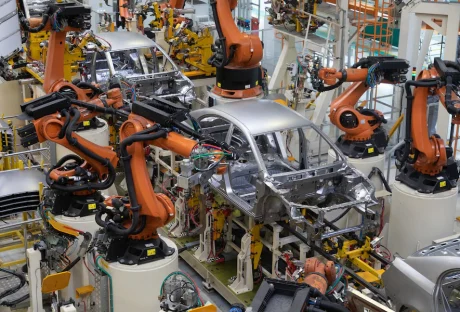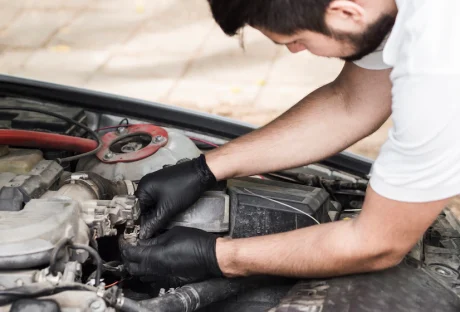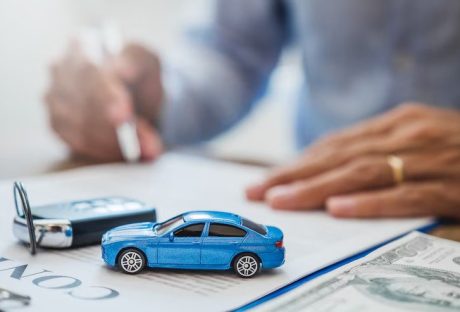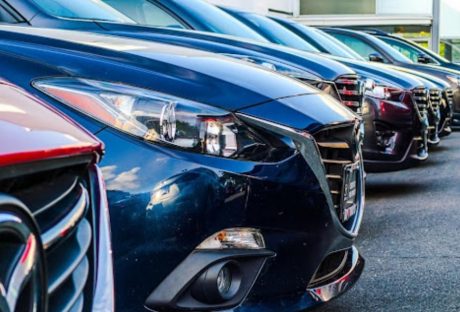Economic professional Martin Lewis and his “Money Savings Expert” website listed a handful of car manufacturers recently. They were most likely to be included in the claim of diesel emissions. In this comprehensive guide, we provide a detailed law firm breakdown that enables assistance to affected car owners in both Wales and England. They can further claim legally against the carmakers.
All the claims that have been listed in this comprehensive guide are linked to the Dieselgate scandal that happened in 2015. In September of that year, Volkswagen and Audi diesel vehicles, which are manufactured by German carmaker the Volkswagen Group, were discovered to have used cheat or defeat devices that artificially lowered emissions during testing conditions. The company received a notice of violation and adhered to regulatory action as mandated by US authorities. The vehicles were sold to American consumers.
VW initially denied the accusations but company officials later on admitted they knew about the defeat devices. The California Air Resources Board and the Environmental Protection Agency (EPA) ordered the carmaker to recall the thousands of affected vehicles. VW also had to pay fines, fees, and compensation – something that they continue to do nowadays.
The story doesn’t end with VW, though, as other carmakers entered the picture a few years later. Money Savings Expert has a list of the other brands possibly involved in the diesel emissions scandal.
- BMW
- Chrysler
- Mercedes-Benz
- Fiat
- Land Rover
- Kia
- Citroën (now a part of Stellantis)
- Nissan
- Vauxhall
- Hyundai
- Peugeot
- Renault
- Mini
- Skoda
- Porsche
- Volvo
- Seat
- Jaguar
The financial website further stated that drivers who owned diesel vehicles of any of the abovementioned brands that were manufactured between the years 2007 and 2020 may be able to bring a legal claim. Whether the car or van was purchased outright or financed, drivers can pursue legal action or a diesel claim.
Most of the legal firms helping out affected drivers offer a no-win-no-fee guarantee, which means claimants do not have to pay anything if they lose the case. Most drivers join a GLO or group litigation order.
A successful diesel emissions claim gives drivers the compensation they deserve.
Why Should Affected Drivers Be Compensated?
According to Money Saving Expert, the following scenarios entitle affected drivers to receive compensation.
- The driver or car owner wouldn’t have purchased the vehicle had they known about the defeat device used for cheating emissions.
- The driver paid a premium amount for an environmentally friendly vehicle – brand new or pre-owned but got a vehicle that isn’t emissions-compliant instead.
- The driver has had to bring the vehicle to the shop or manufacturer for a fix because of compromised performance and fuel efficiency, which in turn, lowered the vehicle’s value and resulted in extra costs.
Additionally, defeat device-equipped vehicles release dangerous emissions with life-threatening health impacts. This is more than enough reason to file a legal claim.
Defeat Devices And NOx Emissions
A defeat device is programmed to sense when a vehicle is brought into the lab for regulatory testing. Once this happens, the device immediately lowers emissions to within the mandated levels of the World Health Organization.
The vehicle appears safe and clean – but this is only true during testing conditions. As soon as the vehicle is taken out of the lab and driven on real-world roads, it emits excessively high amounts of nitrogen oxides. So, in reality, it doesn’t conform to emissions regulations.
NOx is highly reactive and dangerous. It contains gases such as nitric oxide (NO) and nitrogen dioxide (NO2). It is responsible for the formation of smog and acid rain and produces ground-level ozone, a pollutant that harms vegetation.
Exposure to nitrogen oxides can trigger mental health issues such as depression and anxiety. Additionally, regular exposure can affect your cognitive abilities, which can lead to dementia, specifically Alzheimer’s disease.
If you were exposed to low levels of NOx emissions, you might notice the following health impacts:
- Nausea
- Vomiting
- Shortness of breath
- Pulmonary oedema or fluid build-up in your lungs
- Asthma
- Emphysema, bronchitis, and other respiratory diseases
- Corroded teeth
If you have been exposed to high levels of NOx emissions, your health impacts can be serious:
- Reduction of lung function (chronic)
- Laryngospasm (or vocal cords spasm)
- Certain cancers
- Asphyxiation
- Cardiovascular diseases
- Premature death
In recent years, air pollution has become the leading cause of premature deaths worldwide. It has claimed hundreds of thousands of lives.
Filing a diesel claim is the only way car owners can get back at carmakers that deceived them into buying high-polluting vehicles that exposed them to dangerous NOx emissions.
Should I Start My Diesel Claim Now?
The best time to start a diesel claim is now. However, before you can file a claim, you need to find out first if you are qualified to bring your carmaker to court. It’s simple; all you have to do is visit ClaimExperts.co.uk. All the information you need is there.
Once you’ve verified your eligibility, you can start working with emissions experts who can help you with your emission claim. Click here to begin.
Read Also:
- How To Shop For A Car With Your Teen Driver?
- Are You Thinking About Buying Quad Bike For Your Kid?























